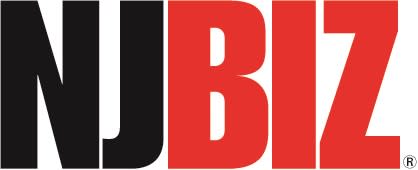Quick Links

Biz groups suggest debt repayment with Biden $6.4B for COVID recovery
Several of the New Jersey’s largest chambers of commerce and business trade groups are floating a major paydown of some of the state’s $44 billion in debt using federal relief funds from the Biden administration, as part of the first step for recovery from the COVID-19 recession.
New Jersey is slated to get roughly $6.4 billion in federal aid under the relief plan that President Joe Biden signed in March. Another $4 billion is going to municipal and county governments, another $2 billion toward New Jersey Transit, and hundreds of millions of dollars for the state’s airports.
For the state at least, the goal is to free up money in the coming years by paying down some of the debt, especially some which carry higher interest rates, according to Ralph Albert Thomas, chief executive officer and executive director of the NJ Society of CPA’s.

Thomas – NJCPAS
New Jersey incurred roughly $4 billion in debt in order to pay for COVID-19 expenses and keep the lights on, but the borrowing was done at a time when the full impact of the pandemic on the state’s finances was still not known. By some estimates, New Jersey is one of the most indebted states in the nation.
Thomas was joined by New Jersey Business & Industry Association President and CEO Michele Siekerka who ran the press conference, African American Chamber of Commerce of NJ President and CEO John Harmon, Chamber of Commerce of Southern NJ President Christina Renna, Association Business Solutions Senior Vice President Libby Vinson, IBEW Local 102 President Bernie Corrigan, and New Jersey Institute of Technology President Joel Bloom.
“Let’s get ourselves back on a steady platform that we can move forward with,” Thomas said. “Let’s use it to pay down other debt that we can get rid of and get that addressed.”
Gov. Phil Murphy has been mute so far on how the state would use any of the $6.4 billion, and many state governments are awaiting guidance from the Biden administration. None of those funds are scored into Murphy’s proposed $44.8 billion spending plan.
But state budget lawmakers – the first step in an approval process for sending Murphy a budget to sign – are scheduled to receive an update from the governor’s executive branch this Tuesday, April 6 on the status of what funding is in store for the state.
The Murphy administration has slowly doled out the more than $2 billion the state received under the Trump administration, including the recent approval of $25 million in grants for the state’s smallest businesses.
Renna touted that kind of spending – direct grants to businesses, from the New Jersey Economic Development Authority – as a prime example of how the Biden aid should be spent.
“We need more of those kinds of programs for the immediate [need] for our small businesses, or our nonprofits, for our most in-need that need money today, no strings attached,” she said.
 Siekerka
Siekerka
Siekerka suggested that what programs the state pays for with the federal aid need to be non-recurring—meaning they would not turn into projects that run a tab every year.
“We must not create new programs with this nonrecurring money or we will risk increased taxes in the future to continue to fund new programs,” she said.
“[B]ecause we can use this money for costs incurred through December 2024, we have the ability to take a multi-year approach to this spending plan,” she continued.” Living year to year on an annual budget always makes it difficult to plan for more comprehensive spending. Now, we have the opportunity to do just that.”
That means spending on major upgrades to the state’s infrastructure and cash infusions into workforce training. And it means the use of some kind of centralized point of contact within Murphy’s office to avoid any kind of redundant spending by different entities on the same expenses.
NJBIA Vice President of Government Affairs Christopher Emigholz floated a $450 million payment to lessen how much the state would need to otherwise rely on payroll taxes.
Murphy approved a bill in January that phases in the tax increases over a two-year period in order to rebuild the depleted unemployment fund, at a time when over 2 million New Jerseyans filed for unemployment over the past year.
“Putting money in there would lessen the tax increase. Over the next couple years, you’re going to see maybe that three-year tax increase maybe becomes a two-year tax increase,” he said.
Additional Info
Media Contact : Daniel J. Munoz | dmunoz@njbiz.com
Source : https://njbiz.com/biz-groups-suggest-debt-repayment-biden-6-4b-covid-recovery/












